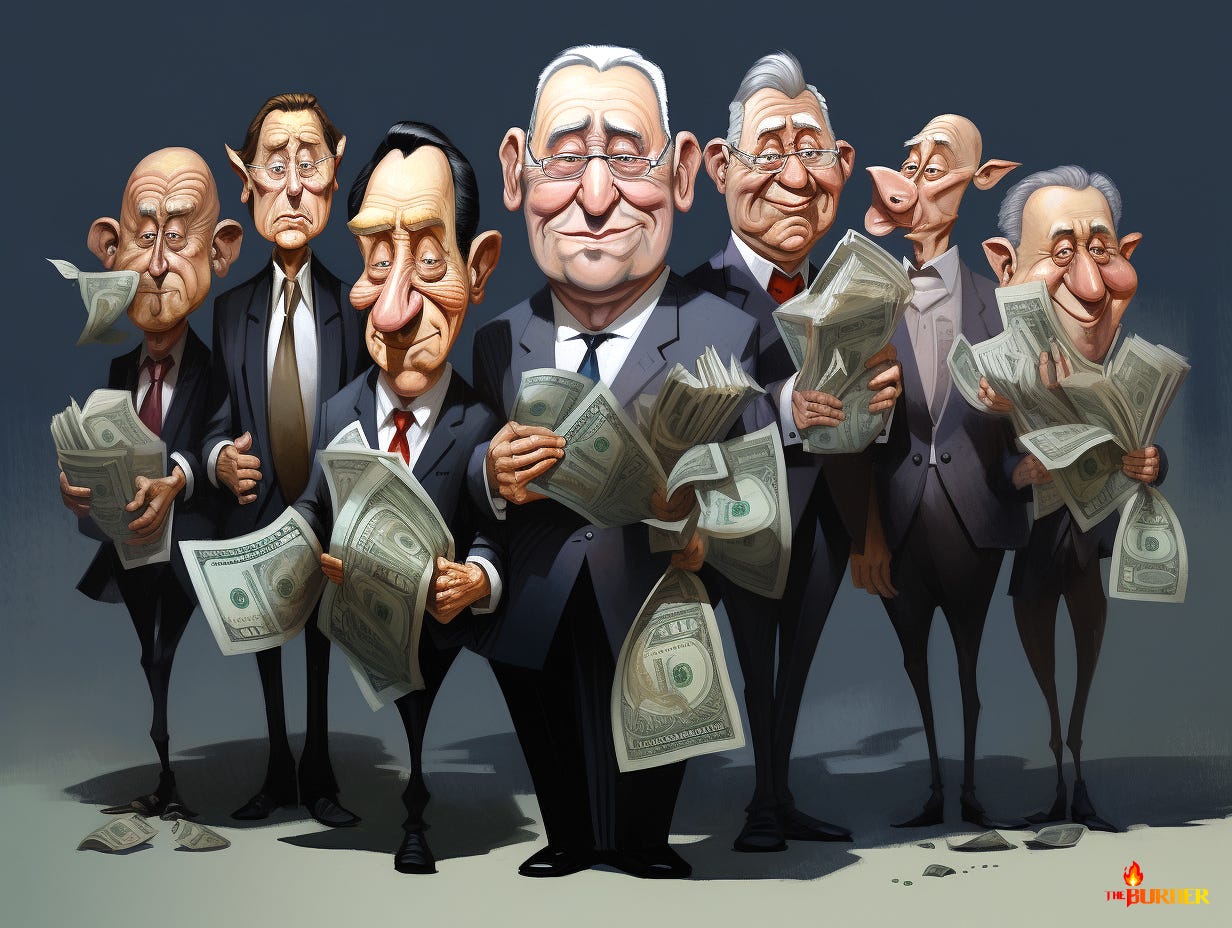Why does it seem like every politician in the world is corrupt on at least some level?
The Perception of Corruption
The perception that every politician is corrupt often arises from a combination of media coverage, confirmation bias, and the inherently controversial nature of politics. Media outlets, driven by the necessity to attract viewers or readers, might focus more on scandals and allegations rather than the mundane day-to-day tasks of governance.
This can lead to an overrepresentation of corrupt practices in the public eye. Additionally, once someone believes that politicians are generally corrupt, they're more likely to notice and remember instances that confirm this belief, while overlooking or downplaying counterexamples, a phenomenon known as confirmation bias.
The Nature of Political Compromise
Politics often involves complex negotiations and compromises. In their pursuit to bring about change or maintain stability, politicians sometimes need to make deals that can appear as betrayals or self-serving moves to the public. Such compromises, even when made for the greater good, can be viewed skeptically by constituents who don't have a full understanding of the pressures and constraints faced by their representatives.
Over time, the accumulation of these perceived betrayals can reinforce the idea that politicians are inherently untrustworthy or corrupt.
Systemic Challenges
Lastly, there are genuine instances of corruption in political systems around the world. No system is immune. Factors like lack of transparency, inadequate checks and balances, and unequal distribution of power can create environments where corruption thrives. However, it's important to differentiate between systemic corruption and the actions of individual politicians.
Not every politician is corrupt, and many enter the arena with noble intentions. Yet, when they operate within flawed systems, even well-intentioned politicians can be tainted by association.





